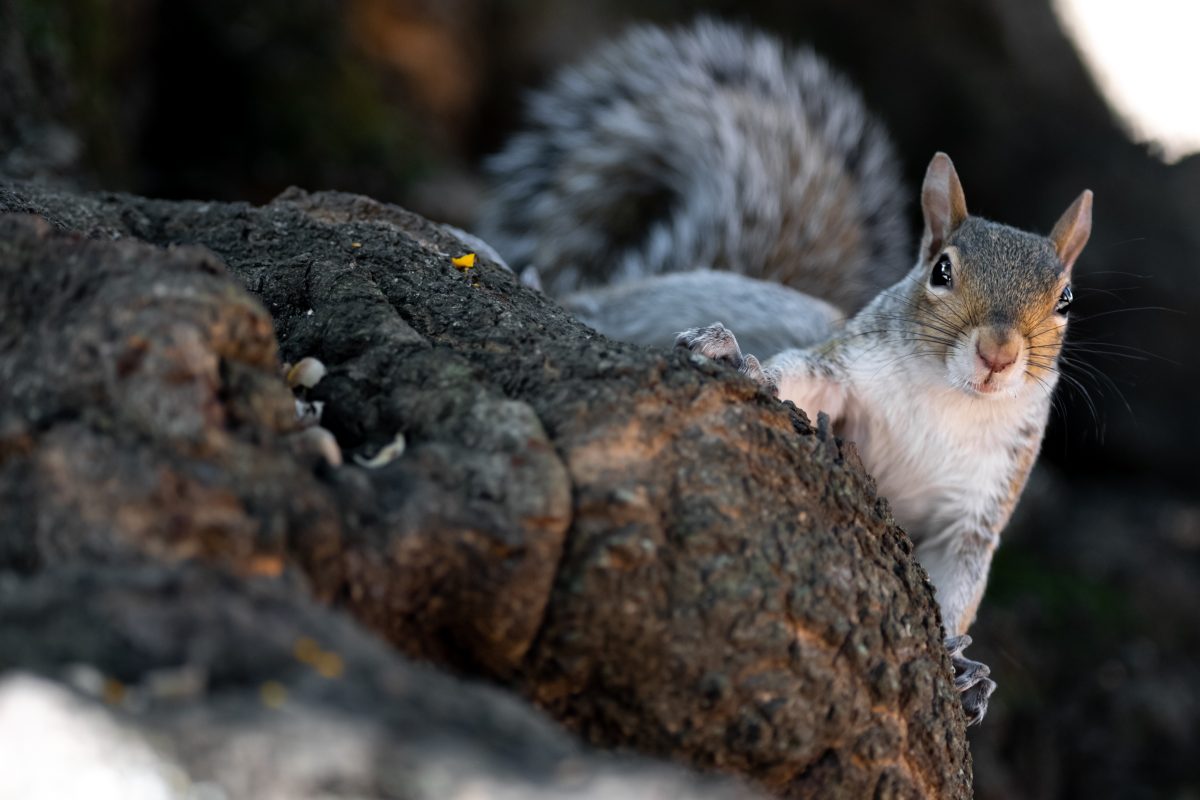With the arrival of fall comes its array of decorations populating every neighborhood in sight. Skeletons, ghosts, owls and bats adorn countless windows and doorways. They herald, with the help of hastily shortening days, the approach of Halloween — and, to every homesick Northerner’s relief, cooler weather.
The beginning of deer season is also welcomed by hunters statewide hoping to bag the buck of their dreams.
Yet it is not lone creatures upon which we now ruminate, but rather multiples of them. Collective nouns are the names assigned to groups of something, in this case animals. A “pride” of lions or a “flock” of sheep may spring to mind, or perhaps a more startling example: a “murder” of crows. There are several similarly intriguing designations to discover — such as a “prickle” of porcupines, a “bloat” of hippos or a “cackle” of hyenas — but why use such unusual terms?
The beginnings of many of these names can be traced back to “The Book of Saint Albans,” authored by Juliana Berners in 1486. The book contains information and opinions on hunting, angling and hawking, even including which type of hawk is most appropriate for specific social stations. It’s unclear if Berners expected her unorthodox naming system to be taken seriously, but its utility and whimsy have rendered it a linguistic treasure.
In recent years, there has been a rise in the use of the more unique collective nouns, and it can in large part be attributed to the influence of social media. TikTok creators like mndiaye_97 and hanbity contribute to the already-rising virality of several of these surprising monikers with videos highlighting some of the most unusual.
Addressing a crow collective as a “murder” began its meteoric rise in popularity around 2002, finally beating out “flock” in 2016. “Smack of jellyfish,” on the other hand, is still wrestling its way out of obscurity in the face of “group” and the aquatically appropriate “school.”
The diversity of collective nouns even with the same animal is fascinating, and it’s easy to wonder who decides which is right. In reality, “rightness” is difficult to assert; although other languages like Spanish, French or German might have their own language academies, English has no such ruling body. It’s instead left to evolve without governmental standardization.
Depending on how you look at it, the unbound fluidity of the English language could either be its worst trait or its strongest point. Like anything humans have a hand in, our way of communicating will always be subject to change. As the societal demand for more unique and descriptive ways of communicating ordinarily mundane animal terminology expands, so too does our language.
The Crimson White Copy Desk consists of Chief Copy Editor Luke McClinton and Assistant Copy Editors Lauren Chumbley and Rachel Talley.









